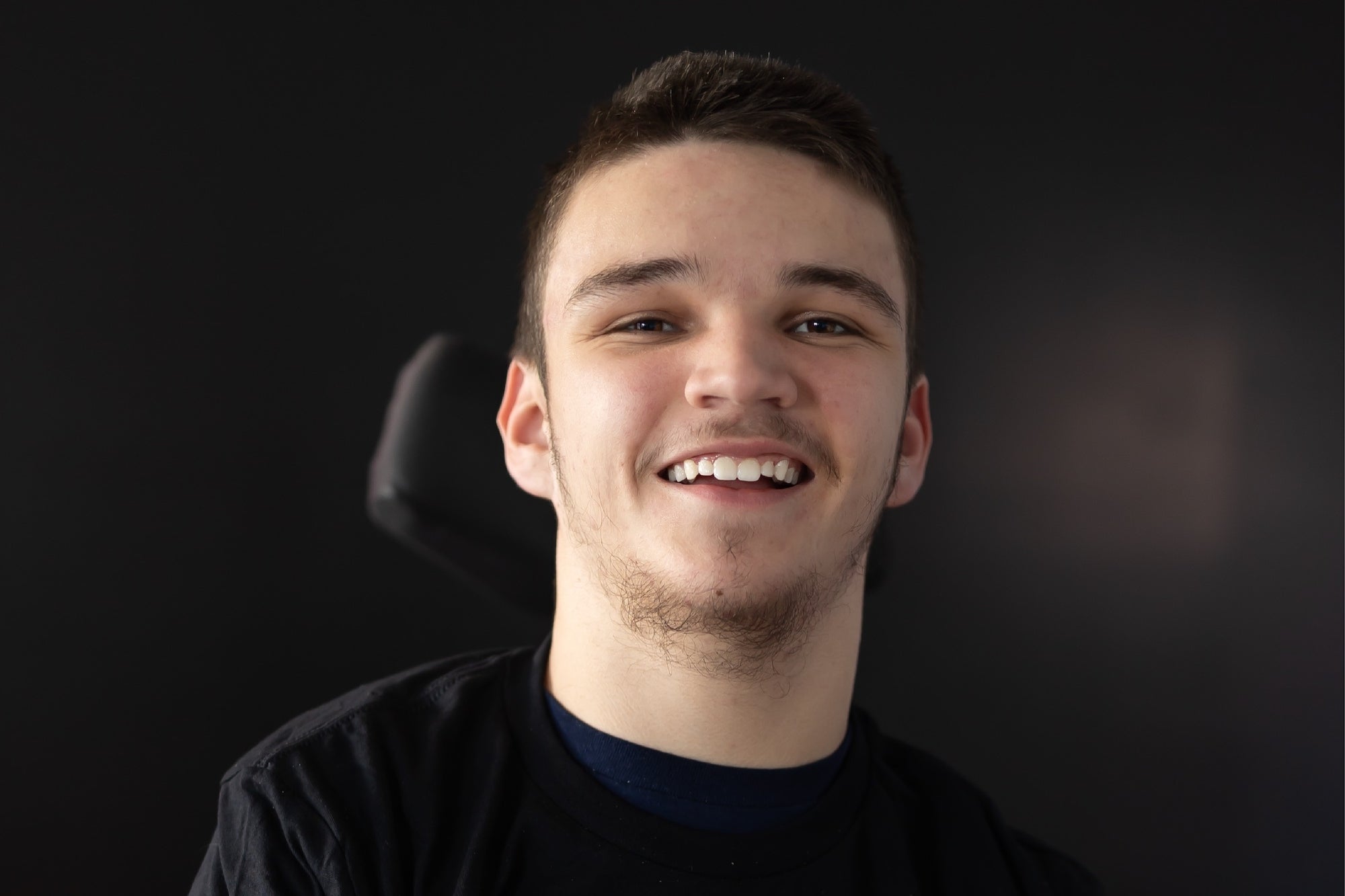Creating Radio Ads That Stand Out Try these tips to break free of background noise and get a strong response from listeners.
By Roy Williams
Opinions expressed by Entrepreneur contributors are their own.
Ask radio listeners to name their favorite ads, and they'll give you a list that yielded high entertainment but low results. Ask advertisers to name their favorite ads, and they'll tell you about messages that made them a lot of money but that no one else remembers.
A radio station measures the success of a commercial break by how few listeners bang the buttons on their dashboards to change the channel. An advertiser measures success by how often they bang the buttons on their cash registers.
Even more dichotomies exist: Old-school radio people believe announcers should sound smooth and mellifluous. Flawless. Golden. But the new school believes people should sound authentic. Regular. Believable.
Has a radio professional told you that your voice isn't suitable for radio? You'll hear "Leave it to us. We'll use one of our professional announcers." Interpretation: "We'll make your ads sound exactly like everyone else's."
The bottom line for radio pros: Smooth, polished radio ads are easy to ignore. That's why they're less likely to cause a station's listeners to tune in to a competitor--and why they're less likely to generate results for you.
The most successful radio advertisers typically buy 52-week schedules to become household brands. Their goal is to gain the trust of the public. And there are three reasons these advertisers will use their own voices in their ads:
- They're more believable than professional announcers.
- They're harder to ignore.
- They create a personal connection with the listener. This bond of trust is essential when your product or service is in a category where the customer has a high level of fear, such as diamonds, used cars or medical procedures.
However, there are situations when you shouldn't use your own voice. These include:
- If you sound like you're reading a script (though over time, you can work past this tendency)
- When your product or service is part of a no-fear category, like restaurants, electronics or concerts
- When the radio script requires character voices
Another thing to consider is that most radio station program directors will suggest that you allow them to add a music bed beneath your dry-voice ads. Reject this helpful sabotage. Music beds are like soap--they allow the radio station to mix the oil of highly produced music programming with the repellant water of unstructured talking. In other words, adding a music bed makes your ad blend in with the music--and it makes your ad easier to ignore. You won't get any complaints about your "homemade" dry-voice advertising, but you won't get any results, either.
Are you now considering being your own spokesperson on the radio? There are a few pitfalls you need to be aware of:
- Brace yourself to endure the criticism of your friends and family. In a career that's spanned more than a quarter century, I've noticed that any time radio ad results are sharply on the rise, so are complaints.
- Avoid clichés and overused phrases. If what you say feels predicable to your listener, your ad will seem contrived and artificial. These ads almost never produce results.
- Don't sound like you're reading. An extemporaneous sound is good. Mispronunciations are good. And struggling to find just the right word is the stuff of miracles.
Is this beginning to sound like you might have to record a lengthy interview with your producer and then allow him or her to edit bits and pieces of your conversation into a warm and cozy patchwork quilt of unrehearsed audio? That's one possibility.
I never said this was going to be quick or easy.
So play around with your ads, get advice from others, and try to translate your excitement for your business to your potential customers in your own words. If you can wrap your arms around these concepts, your ads will stand out--and they can make you a lot of money.










